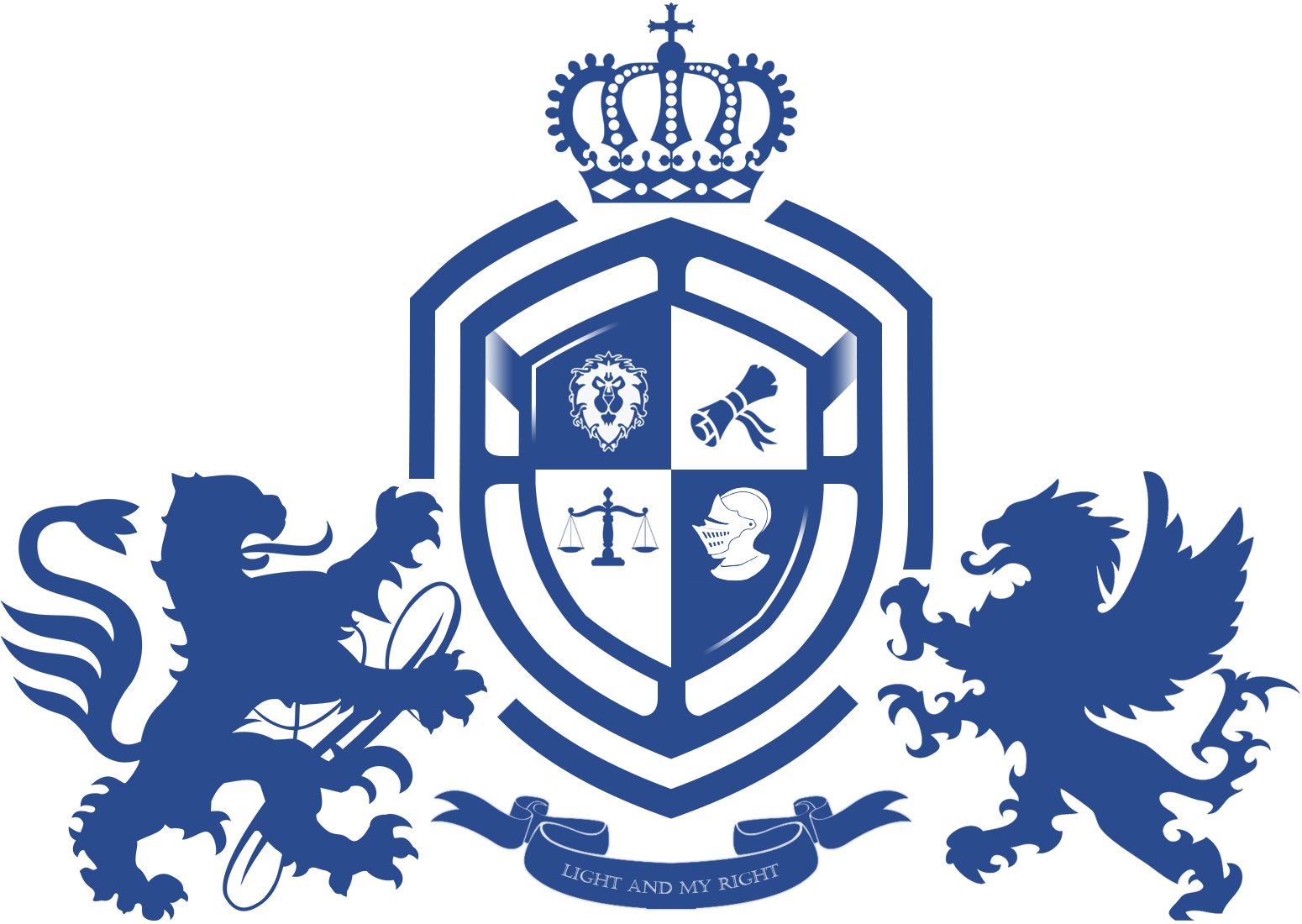The Royal Council/Council Procedure
From The Royal Court
Council Procedure
The following policy outlines the regulations that govern the Court Council sessions of The Royal Court.
Council regulations
- The Court Council (hereinafter: the “Council”) will consist of four parts.
- To begin, The Council entertains the mores of The Council.
- Secondly, The Council will regard the inauguration of new Council members.
- Thirdly, the meeting of The Council takes place in accordance with to the agenda.
- Finally, the closing procedure of The Council takes place.
- The following attendees of the Royal Court are part of the Council;
- the High Chancellor;
- Secretaries;
- Nobles;
- Court Magi;
- Knights;
- Ambassadors are permitted to attend council, but without voting rights.
- Officials are permitted to attend council, but without voting rights.
- Candidates are permitted to attend council, but without voting rights.
- The Council is a gathering held in public and anyone who is not part of Council is allowed to observe and request to take part in Council. They are qualified as Visiting Members of the Council. The Lord High Chancellor can, at his/her discretion, allow to speak or remove from council any Visiting Member or apply any further regulatory decision at his discretion. Visiting Members are by principle barred from voting in Council, unless the matter would directly impact the Visiting Member, for which a token vote of agreement or opposition is awarded.
- The Council will vote on all matters with a qualified majority. Exceptions to this are adaptations to the Internal Regulation and votes to oust a Council member. These go by a qualified two thirds majority. For the latter, at least half of the Council members need to be present in the first session. If such fails, the matter is moved to the following council meeting, where this requirement is discarded.
- The Council agenda will be set in advance by the Lord High Chancellor. If no conclusion is reached on a given agenda matter in a session, the issue is put on the agenda of the following session. This can only occur once. If no conclusion is reached the second time, it is only eligible to be discussed again when the context has undergone dramatic alterations. The decision on the matter is made by the Lord High Chancellor.
- Every Council member has the right to submit matters to the agenda of the Council. As does every Council member have the right to speak. Council members as specified in article 2 sub 1 - 6 have the right to vote in Council. Each member has an equal vote within the Council. The Lord High Chancellor maintains the right to table a matter when the Lord High Chancellor deems the matter to be in violation of the mores, rules of procedure, or the interest of the Royal Court.
- The Lord High Chancellor presides over the Council. When the Council is in session, no one can speak unless spoken to. When desiring to speak, the Council member will step forward to indicate such. The Lord High Chancellor has the right to rescind voting rights from a Council member if that member is found to be in violation of the rules of procedure.
- In absence of the Lord High Chancellor, it's the duty of the Vice-Chancellor to preside over the Council and at such a time they will have all the rights normally attributed to the Lord High Chancellor in Council sessions.
- Any conclusion reached by the Council is deemed to be the opinion of the Council and by extension The Royal Court. Should such an opinion be published, every member must conform to this opinion in public. Personal objections are only to be voiced within the Council.
